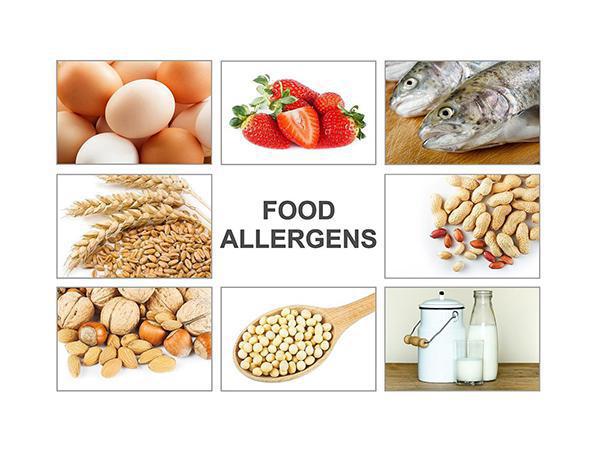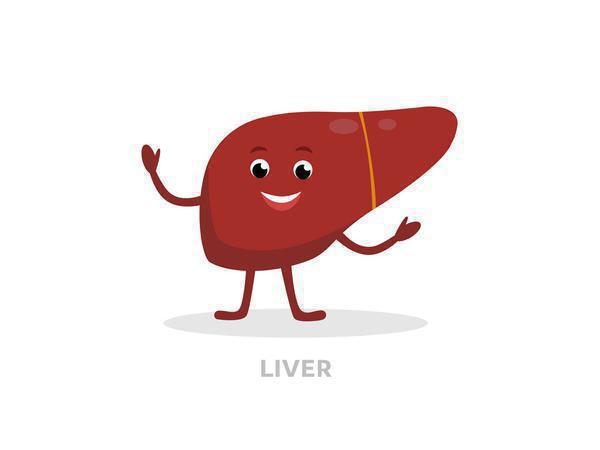Food Allergies: They Should be Taken Seriously

A food allergy is defined as an abnormal response to a food triggered by the body’s immune system. Reactions could range from mild to severe – to deadly.
There are several triggers. Even trace amounts of the triggers could lead to a severe reaction.
Most Common Allergens
The most commonly referred to as allergenic foods are:
- Nuts
- Shellfish
- Wheat
- Gluten
- Eggs
- Dairy
What are the symptoms and reactions of food allergy?

A food allergy may cause:
- Fainting
- Tingling sensation in the mouth
- Burning sensation in the lips and mouth
- Swelling of the face and lips
- Rash, itchy and/ or blotchy skin
- Wheezing
- Nausea
- Diarrhea
- Runny nose
- Streaming eyes
- Anaphylaxis
- LOSS OF LIFE
Anaphylaxis
In some people, a food allergy can trigger a reaction called anaphylaxis. Among its symptoms are:
- Constriction of the airways
- A swollen throat or the sensation of a lump in your throat that makes it difficult to breathe
- Shock with a severe drop in blood pressure
- Rapid pulse
- Dizziness, lightheadedness or loss of consciousness
Source: Mayo Clinic
What are the risk factors?

There are several
- Family history. If food allergies are common in your family, you may be at risk.
- Other allergies. If you're already allergic to one food, you may be at higher risk of becoming allergic to another.\
- Age. Food allergies are more common in toddlers and infants. Children normally outgrow allergies to milk, soy, wheat and eggs. But nuts and shellfish are more likely to be lifelong.










